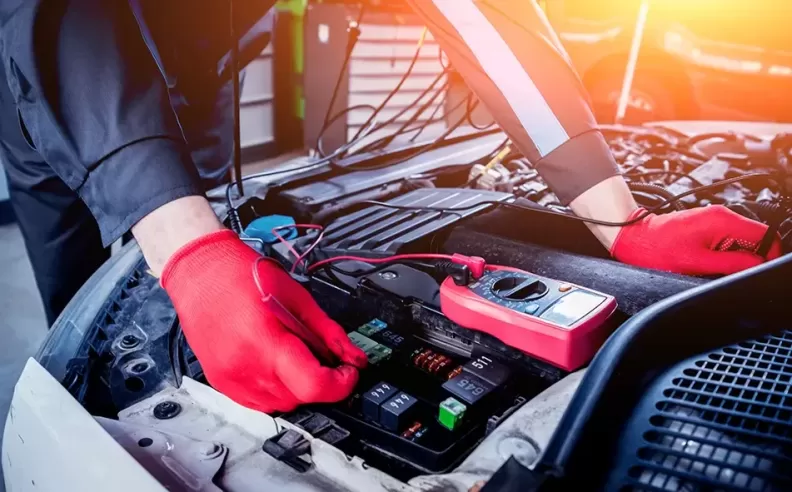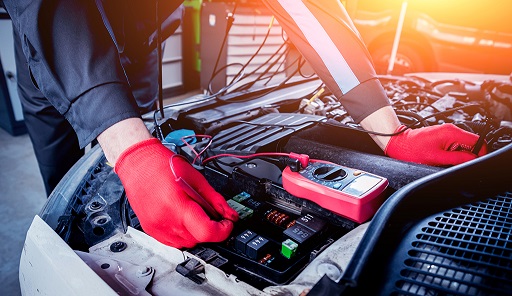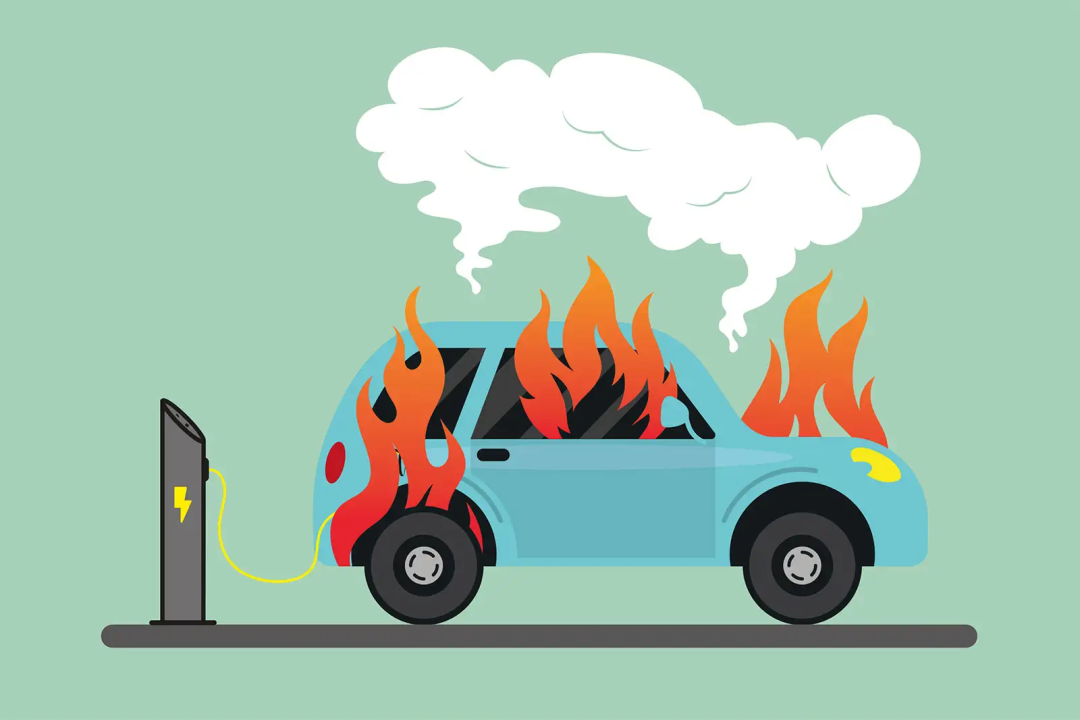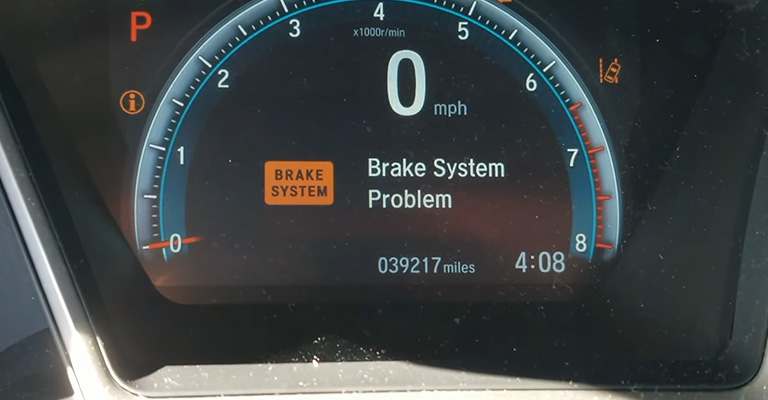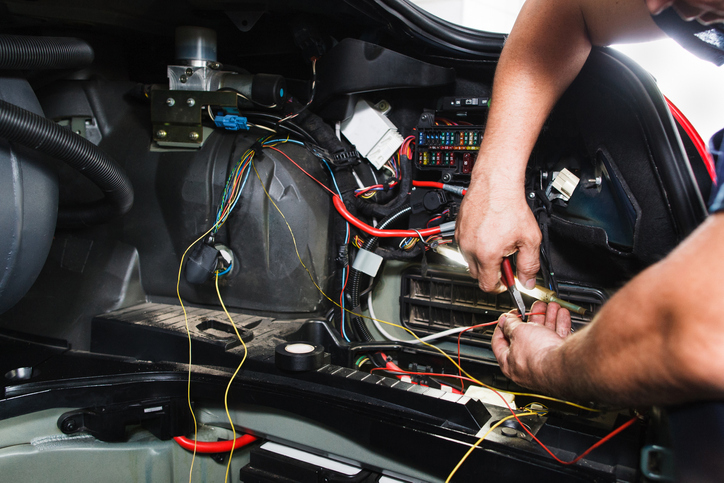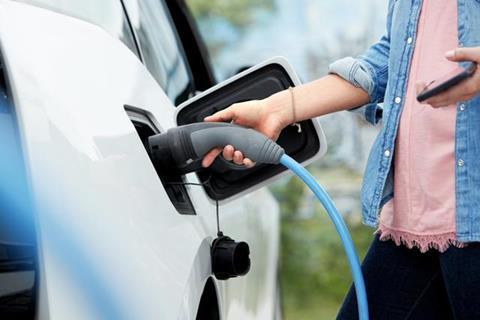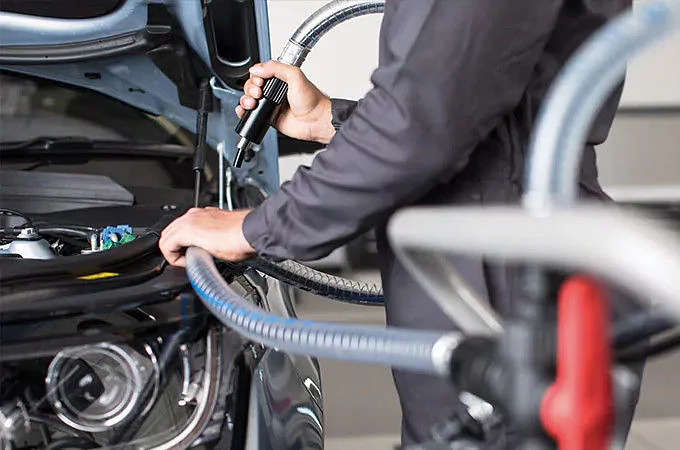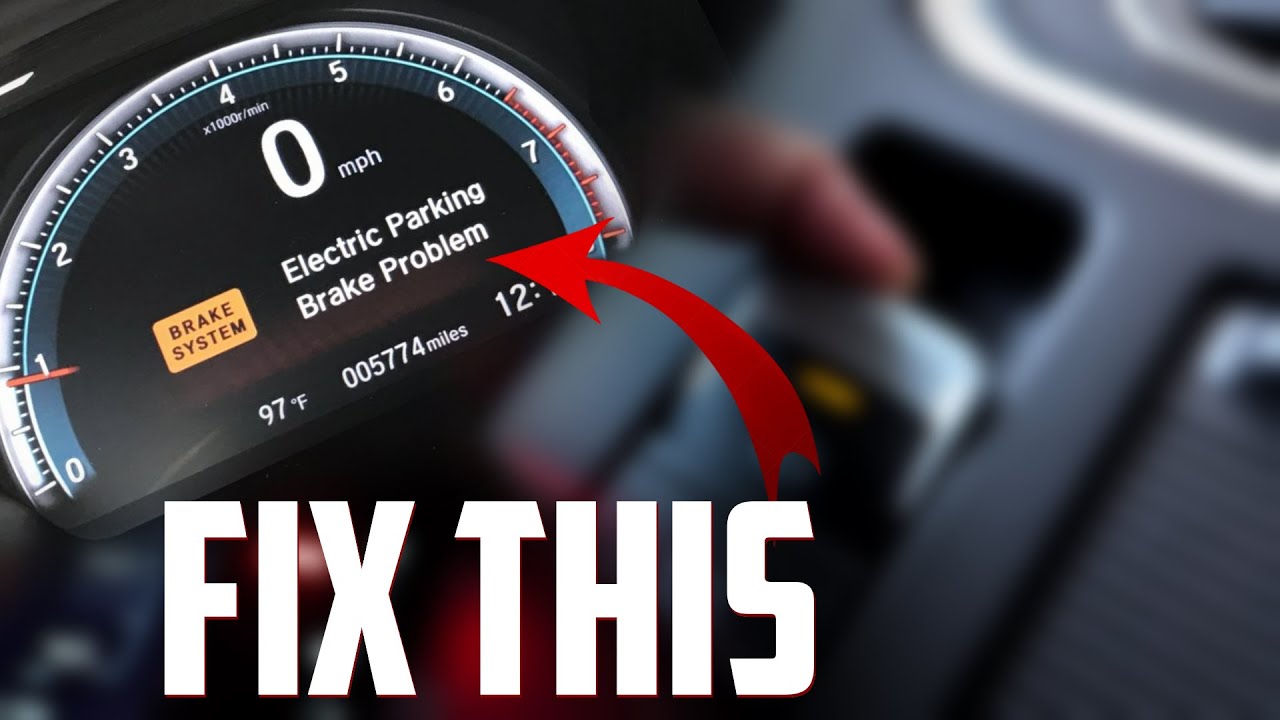Car troubles are a part of life for many drivers, and one of the most frustrating issues is dealing with car electrical problems. Whether it’s a malfunctioning starter, a dead battery, or mysterious dashboard lights, these issues can leave you stranded and in need of a quick solution. In this guide, we’ll explore the question, “Who Can Fix Car Electrical Problems?” and provide valuable insights into finding reliable help when you need it the most.
Seeking Expert Solutions for Car Electrical Problems
When faced with car electrical problems, it’s crucial to find a professional who specializes in diagnosing and fixing these issues. Electrical problems can be complex, requiring a deep understanding of a vehicle’s wiring system, circuits, and electronic components. Seeking the expertise of a qualified professional ensures that the problem is accurately identified and effectively addressed.
Understanding Car Electrical Problems
Car electrical problems can manifest in various ways, from dimming headlights to a complete failure to start. It’s essential to have a basic understanding of common electrical issues to communicate effectively with the repair technician. This knowledge empowers you to ask informed questions and make decisions about the necessary repairs.
Who Can Fix Car Electrical Problems?
- Auto Electricians: These professionals specialize in automotive electrical systems. They are equipped with the knowledge and tools to diagnose and repair a wide range of electrical issues in vehicles. Auto electricians often work in specialized repair shops and have the expertise to handle complex problems.
- Mechanics with Electrical Expertise: Some general mechanics have specific training in automotive electrical systems. While they may not specialize solely in electrical work, many can effectively diagnose and fix common car electrical problems.
- Dealership Service Centers: Car dealerships typically have service centers staffed with certified technicians who are trained to work on specific vehicle makes and models. If your car is still under warranty, seeking assistance from the dealership service center may be a cost-effective option.
- Mobile Mechanics: In today’s on-the-go world, some mechanics offer mobile services, coming to your location to diagnose and fix car electrical problems. This can be especially convenient if your car is not in a drivable condition.
Tips for Finding Reliable Help
- Read Reviews: Before choosing a professional to fix your car’s electrical problems, read reviews from other customers. This can provide insights into the quality of service and expertise offered by the repair shop or technician.
- Ask for Recommendations: Seek recommendations from friends, family, or colleagues who may have faced similar issues. Personal referrals can help you find trustworthy professionals.
- Check Certifications: Ensure that the chosen professional or repair shop has the necessary certifications and qualifications to work on your vehicle. Certifications indicate that the technician has received specific training in automotive electrical systems.
- Get Multiple Quotes: Don’t hesitate to get quotes from multiple repair shops or technicians. Comparing prices and services can help you make an informed decision based on your budget and the complexity of the electrical problem.
In conclusion, when facing car electrical problems, the key is to find a qualified professional who can diagnose and fix the issue accurately. Whether you opt for an auto electrician, a mechanic with electrical expertise, a dealership service center, or a mobile mechanic, ensuring their qualifications and reliability is crucial. By following these tips, you can confidently navigate the world of car electrical repairs and get back on the road with peace of mind.
